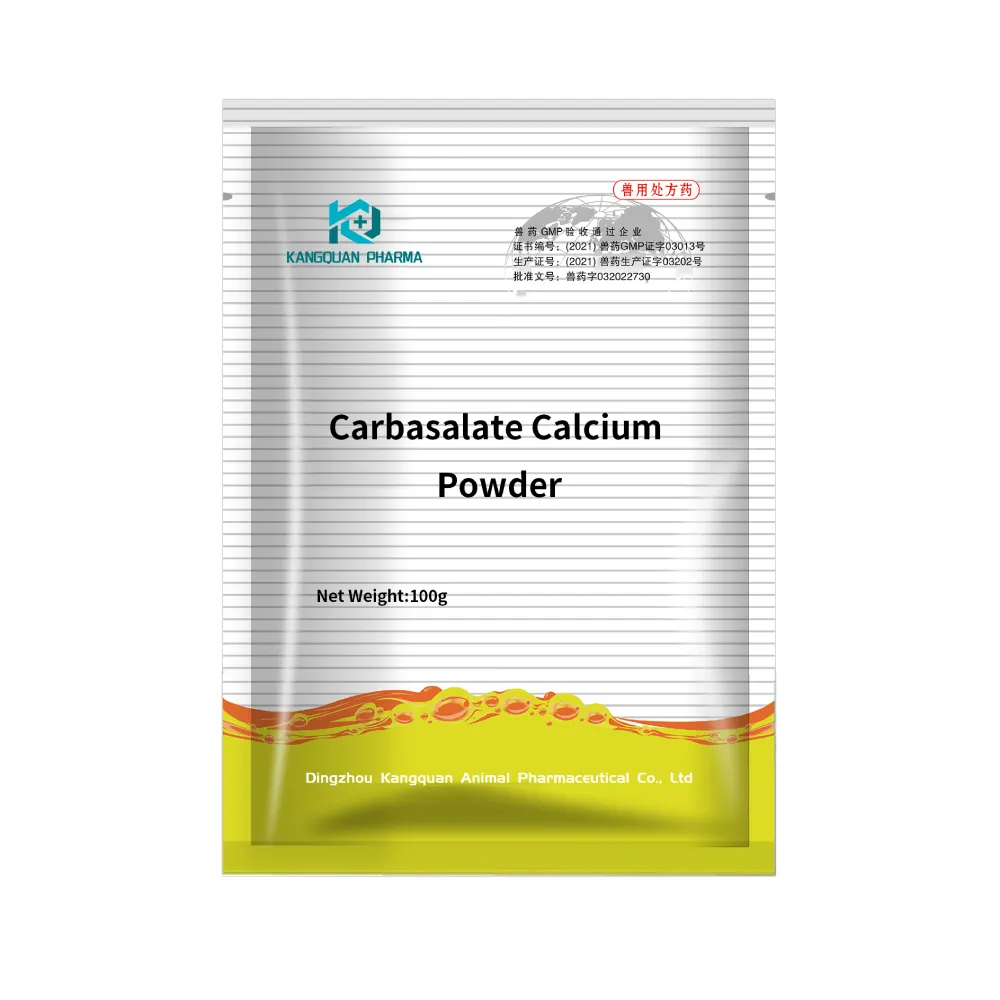- Afrikaans
- Albanian
- Amharic
- Arabic
- Armenian
- Azerbaijani
- Basque
- Belarusian
- Bengali
- Bosnian
- Bulgarian
- Catalan
- Cebuano
- Corsican
- Croatian
- Czech
- Danish
- Dutch
- English
- Esperanto
- Estonian
- Finnish
- French
- Frisian
- Galician
- Georgian
- German
- Greek
- Gujarati
- Haitian Creole
- hausa
- hawaiian
- Hebrew
- Hindi
- Miao
- Hungarian
- Icelandic
- igbo
- Indonesian
- irish
- Italian
- Japanese
- Javanese
- Kannada
- kazakh
- Khmer
- Rwandese
- Korean
- Kurdish
- Kyrgyz
- Lao
- Latin
- Latvian
- Lithuanian
- Luxembourgish
- Macedonian
- Malgashi
- Malay
- Malayalam
- Maltese
- Maori
- Marathi
- Mongolian
- Myanmar
- Nepali
- Norwegian
- Norwegian
- Occitan
- Pashto
- Persian
- Polish
- Portuguese
- Punjabi
- Romanian
- Russian
- Samoan
- Scottish Gaelic
- Serbian
- Sesotho
- Shona
- Sindhi
- Sinhala
- Slovak
- Slovenian
- Somali
- Spanish
- Sundanese
- Swahili
- Swedish
- Tagalog
- Tajik
- Tamil
- Tatar
- Telugu
- Thai
- Turkish
- Turkmen
- Ukrainian
- Urdu
- Uighur
- Uzbek
- Vietnamese
- Welsh
- Bantu
- Yiddish
- Yoruba
- Zulu
ное. . 19, 2024 11:41 Back to list
tylosin injectable for chickens
Tylosin Injectable for Chickens A Comprehensive Overview
Tylosin is an antibiotic that belongs to the macrolide class of antimicrobials. It is commonly used in veterinary medicine, particularly in poultry, to control and prevent various bacterial infections. Tylosin injectable formulations are specifically designed for chickens, offering an effective way to address health issues within flocks and ensure optimal growth and production. This article will discuss the uses, benefits, dosage, and considerations when using tylosin injectable for chickens.
Uses of Tylosin in Chickens
Tylosin is primarily used to treat bacterial infections caused by organisms such as *Mycoplasma gallisepticum*, a common pathogen in avian species that can lead to respiratory diseases. Besides respiratory illnesses, tylosin can also target other infections such as those affecting the liver and intestines. The administration of tylosin can be crucial in managing conditions like chronic respiratory disease (CRD), infectious synovitis, and certain enteric diseases that can hinder growth and production in poultry.
In addition to treating existing infections, tylosin is also used as a prophylactic measure. By maintaining the health of flocks, poultry producers can minimize losses related to disease outbreaks, ensuring a more consistent production rate. The use of tylosin as part of a comprehensive health management program can lead to improved overall flock health, better feed efficiency, and increased weight gain.
Benefits of Tylosin Injectable
One of the main advantages of tylosin injectable is its rapid absorption and effectiveness. Injectable forms allow for immediate delivery of the drug into the bloodstream, providing quick results in alleviating the symptoms of infections. This is particularly beneficial in cases where oral administration may be less effective due to the birds’ health status or stress induced by an illness.
Furthermore, tylosin is generally well tolerated by chickens, with a low incidence of side effects. This allows for its use in both healthy and sick birds with minimal risk. Also, tylosin is known for its ability to penetrate tissues effectively, ensuring that the drug reaches the site of infection.
tylosin injectable for chickens

Another notable benefit is tylosin's role in promoting better feed conversion. Healthy birds consume feed more efficiently, which translates into better weight gain and overall productivity. This characteristic is particularly valued in the poultry industry, where economic output is closely tied to feed efficiency.
Dosage and Administration
The dosage of tylosin injectable for chickens varies based on the specific condition being treated and the weight of the bird. It is crucial to follow the veterinary guidelines and product labeling to ensure safe and effective use. Generally, the injectable form is administered intramuscularly or subcutaneously, depending on the product formulation and the veterinarian’s recommendation.
It is essential to note that the duration of treatment can also vary, ranging from a few days to several weeks, depending on the severity of the infection. For optimal results, adherence to the prescribed dosing schedule is vital, as missed doses can lead to a resurgence of infection.
Considerations and Precautions
While tylosin is a valuable tool in poultry health management, certain precautions should be taken. The use of tylosin should be part of an integrated approach to flock health, which includes proper nutrition, biosecurity measures, and regular health assessments. Over-reliance on antibiotics can lead to antibiotic resistance, an increasing concern in veterinary medicine.
Additionally, tylosin should not be used in conjunction with other antibiotics without consulting a veterinarian, as this can alter the effectiveness of both drugs. It is also crucial to observe withdrawal times to ensure that no residues remain in the meat or eggs before they enter the food supply.
In conclusion, tylosin injectable for chickens is an effective tool in veterinary medicine, utilized for treating and preventing bacterial infections in poultry. Its benefits, ease of use, and efficacy make it a staple in many poultry operations. However, responsible usage in conjunction with good management practices is essential to maintain the health of flocks and ensure the sustainability of the poultry industry. With continued research and adherence to professional guidance, tylosin will remain a crucial component in poultry health management.
-
Guide to Oxytetracycline Injection
NewsMar.27,2025
-
Guide to Colistin Sulphate
NewsMar.27,2025
-
Gentamicin Sulfate: Uses, Price, And Key Information
NewsMar.27,2025
-
Enrofloxacin Injection: Uses, Price, And Supplier Information
NewsMar.27,2025
-
Dexamethasone Sodium Phosphate Injection: Uses, Price, And Key Information
NewsMar.27,2025
-
Albendazole Tablet: Uses, Dosage, Cost, And Key Information
NewsMar.27,2025













